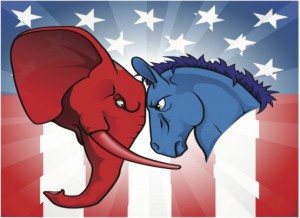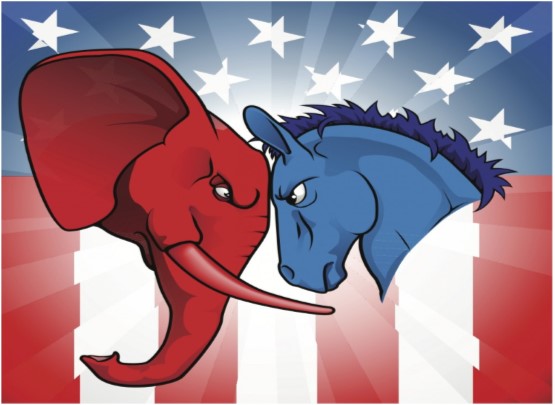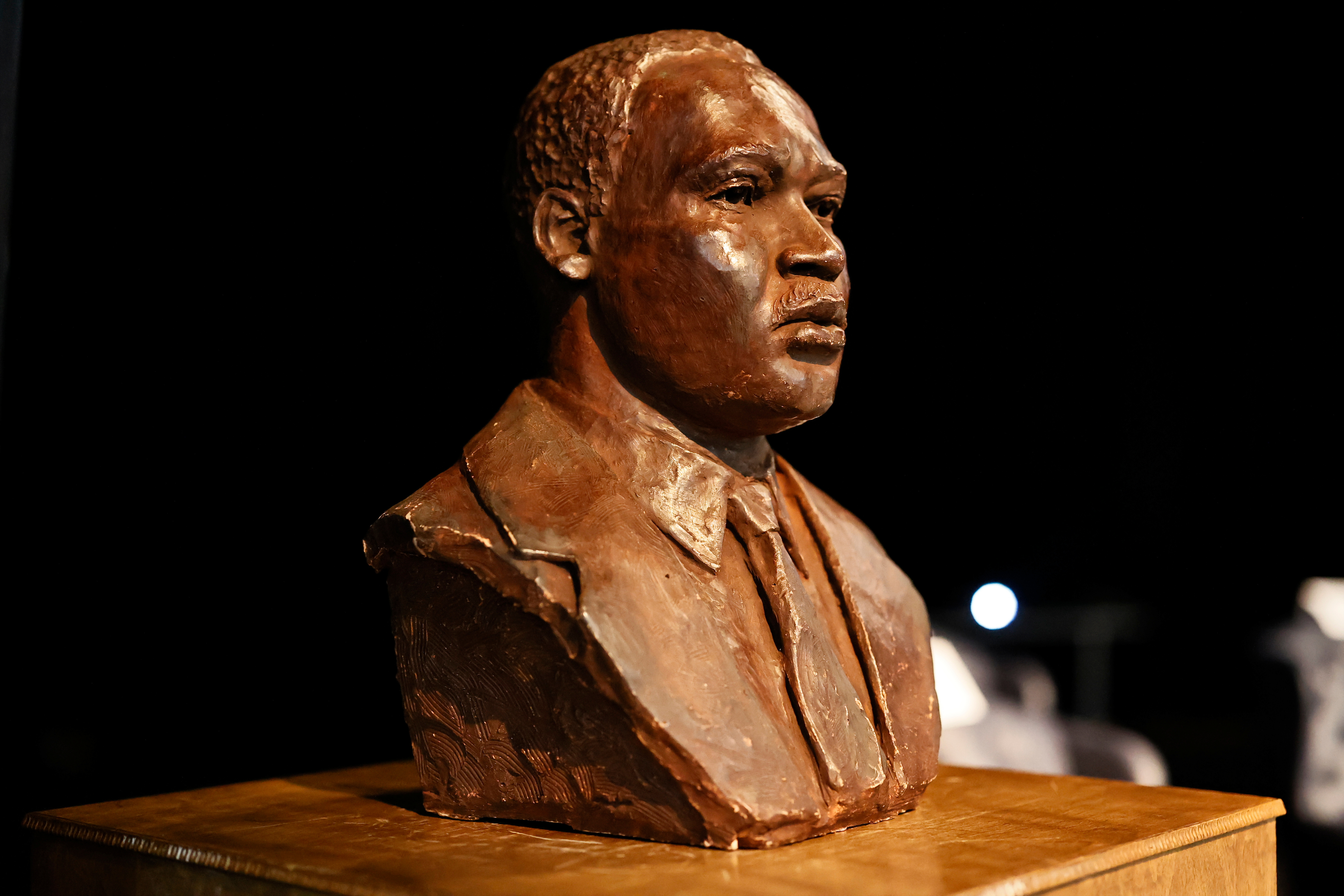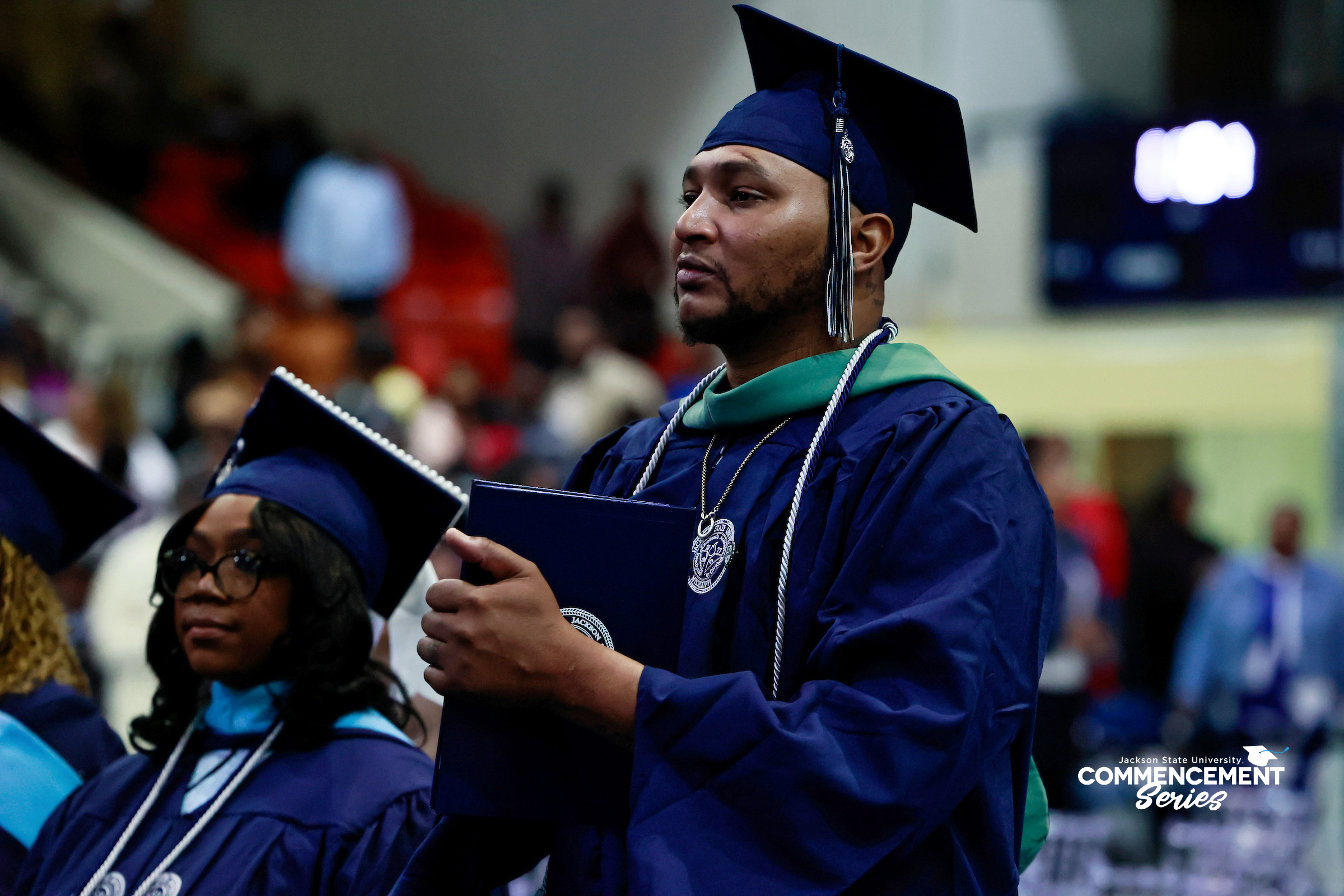- Democrat Bernie Sanders Benefits from Vice-President Biden Decision;
- Democrats Lead Republicans in Firm Commitment to Presidential Nomination Choice;
- Republicans Lead Democrats in Voter Intensity
The Polling Center at Jackson State University’s Institute of Government has released a national survey of 1000 adults. The Poll on the nation’s 2016 election was conducted January 22-27, 2016.
The latest national poll by Jackson State University’s Institute of Government Polling Center covered first, second and third choices for Republican and Democratic presidential nominees, strength of commitment to first choice for presidential nominees and plans to vote in November 2016.
In three short months, Republican likely voters have made significant changes in their presidential nominee preferences. The current leaders are Donald Trump (37.5%), Ted Cruz (16.9%), Marco Rubio (10.7%), Dr. Ben Carson (9.6%), and Jeb Bush (7.4%).
Since October, 2015, support increased for Donald Trump (up 7.8%), Ted Cruz (up 7.8%), Marco Rubio (up 5.4%) and Chris Christie (up 1.3%).
Support declined for Dr. Ben Carson (down 12.4%), Rand Paul (down 0.9%), Mike Huckabee (down 0.4%), Carly Fiorina (down 2.2%) and Rick Santorum (down 0.6%).
A number of candidates have also since dropped out of the contest including: Bobby Jindal, Lindsey Graham, and George Pataki.
 Interestingly, just 23.5% of Republican likely voters reported that their support for their first choice nominee is “very firm”. Another 59.2% suggested “somewhat firm” and 14.0% indicated “not at all firm” – leaving plenty of opportunity for candidates over the months ahead.
Interestingly, just 23.5% of Republican likely voters reported that their support for their first choice nominee is “very firm”. Another 59.2% suggested “somewhat firm” and 14.0% indicated “not at all firm” – leaving plenty of opportunity for candidates over the months ahead.
The current leaders for the nomination among likely Democratic voters included: Hillary Clinton (54.4% — up slightly from 52.7% in October, 2015), Bernie Sanders (31.8% — up significantly from 18.7% in October, 2015) and Martin O’Malley (4.4% — up from 0.3% in October, 2015).
Vermont Senator Bernie Sanders clearly benefited when Vice-President Biden decided against a run for President.
Strength of commitment for their first choice was significantly stronger among Democratic likely voters than Republicans. Two-fifths, 38.1%, suggested their support is “very firm”. Another 47.6% indicated their support was “somewhat firm” and 6.3% suggested their support for their first choice was “not at all firm.”
Voter intensity is measured by likelihood of voting in November, 2016. Republicans, here, hold the edge with 81.6% indicating they are very likely to vote in November while 76.7% of Democrats suggested the same. Voter intensity often impacts voter turnout.
ABOUT THE POLL: The Poll was conducted by The Polling Center at Jackson State University’s Institute of Government. Polling by the Center is conducted on a regular basis and may also include spontaneous polling on occurring events. For the full Poll Report, click here: https://www.jsums.edu/wp-content/uploads/2016/02/IOG-Polling-Center-JSU-Winter-2016-Report.pdf
METHODOLOGY: The Poll sampled opinions of 1000 approximately proportional to state population contribution nationwide. The survey was conducted January 22-27, 2016. All surveys were conducted using an online survey instrument. The poll has a +/- 3.0 percent margin of error at a 95 percent confidence level on a composite basis.









